Booker Prize 2019 shortlist: Our guide to this year’s authors, from Margaret Atwood to Salman Rushdie
As the Booker Prize shortlist is announced today, Charlotte Cripps takes a look at the six authors and their books

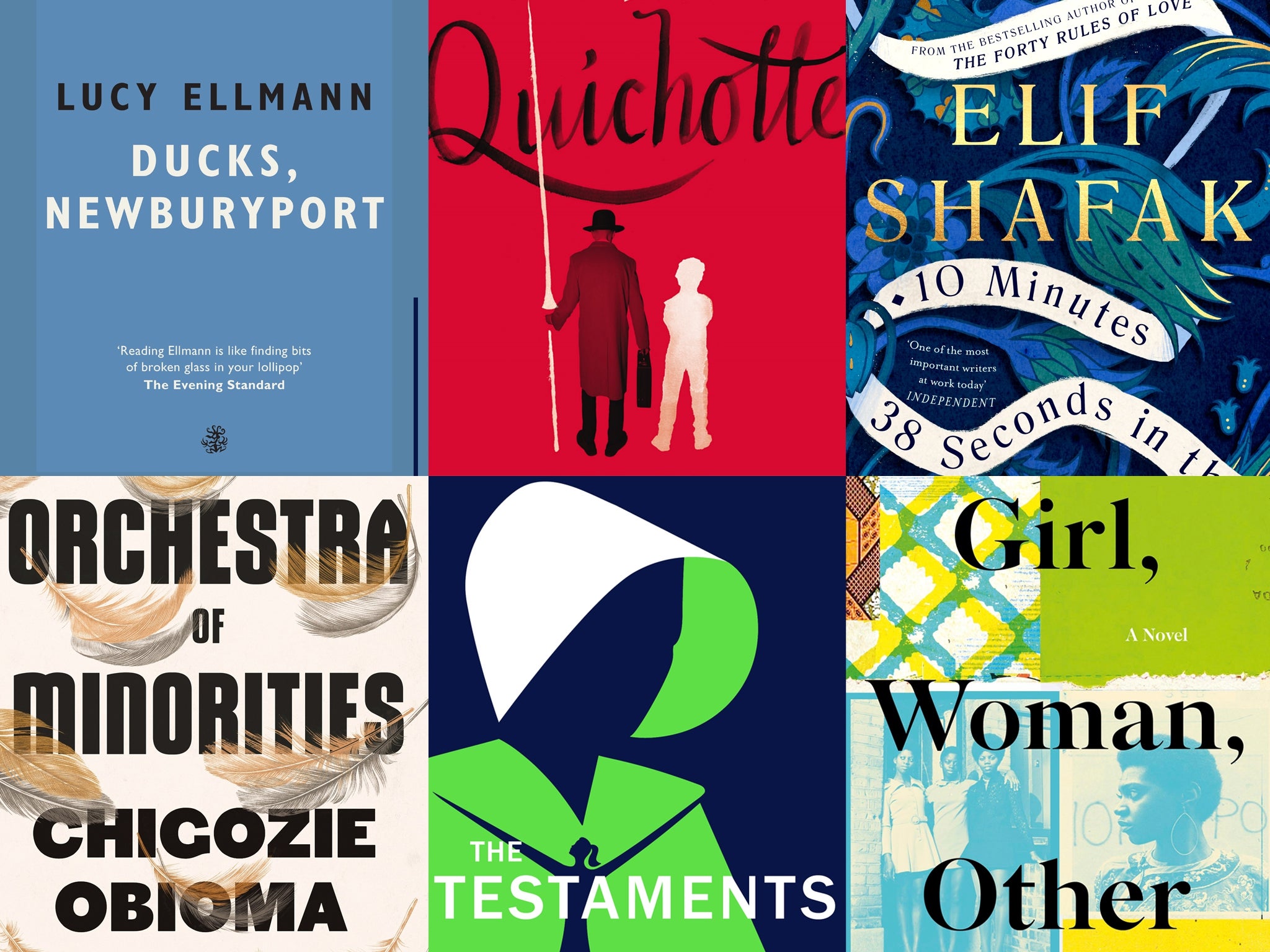
Your support helps us to tell the story
From reproductive rights to climate change to Big Tech, The Independent is on the ground when the story is developing. Whether it's investigating the financials of Elon Musk's pro-Trump PAC or producing our latest documentary, 'The A Word', which shines a light on the American women fighting for reproductive rights, we know how important it is to parse out the facts from the messaging.
At such a critical moment in US history, we need reporters on the ground. Your donation allows us to keep sending journalists to speak to both sides of the story.
The Independent is trusted by Americans across the entire political spectrum. And unlike many other quality news outlets, we choose not to lock Americans out of our reporting and analysis with paywalls. We believe quality journalism should be available to everyone, paid for by those who can afford it.
Your support makes all the difference.Who is going to win? Now we have the list of six Booker Prize shortlisted authors, the bets are on.
The Booker Prize is one of the greatest literary triumphs for any novelist. Former winners Margaret Atwood and Salman Rushdie are the biggest names on this year’s shortlist, vying for the £50,000 prize.
It is awarded annually to the best novel of the year, written in English and published in the UK or Ireland, between 1 October 2018 and 30 September 2019.
The prize was won last year by the Northern Irish writer Anna Burns, for her novel Milkman, about a teenager who is harassed by an older married man. This year’s winner will be announced on 14 October.
To make it onto the shortlist is no mean feat, considering it is whittled down from 151 submitted books. Women are leading the way this year, with four female authors in the running – Atwood, Lucy Ellmann, Bernardine Evaristo and Elif Shafak, who are competing for the prize with two male authors, Rushdie and Chigozie Obioma, who is shortlisted for the second time with his second novel, An Orchestra of Minorities.
High-profile books on the longlist that didn’t make it onto the shortlist include Jeanette Winterson’s Frankissstein, Deborah Levy’s The Man Who Saw Everything and Kevin Barry’s Night Boat to Tangier.
This is a life-changing prize and the winner – Rushdie is the favourite at the moment, according to William Hill – will become an instant literary star, if they are not already.
The six authors:
Margaret Atwood – The Testaments (Vintage, Chatto & Windus)
Current odds: 4/1
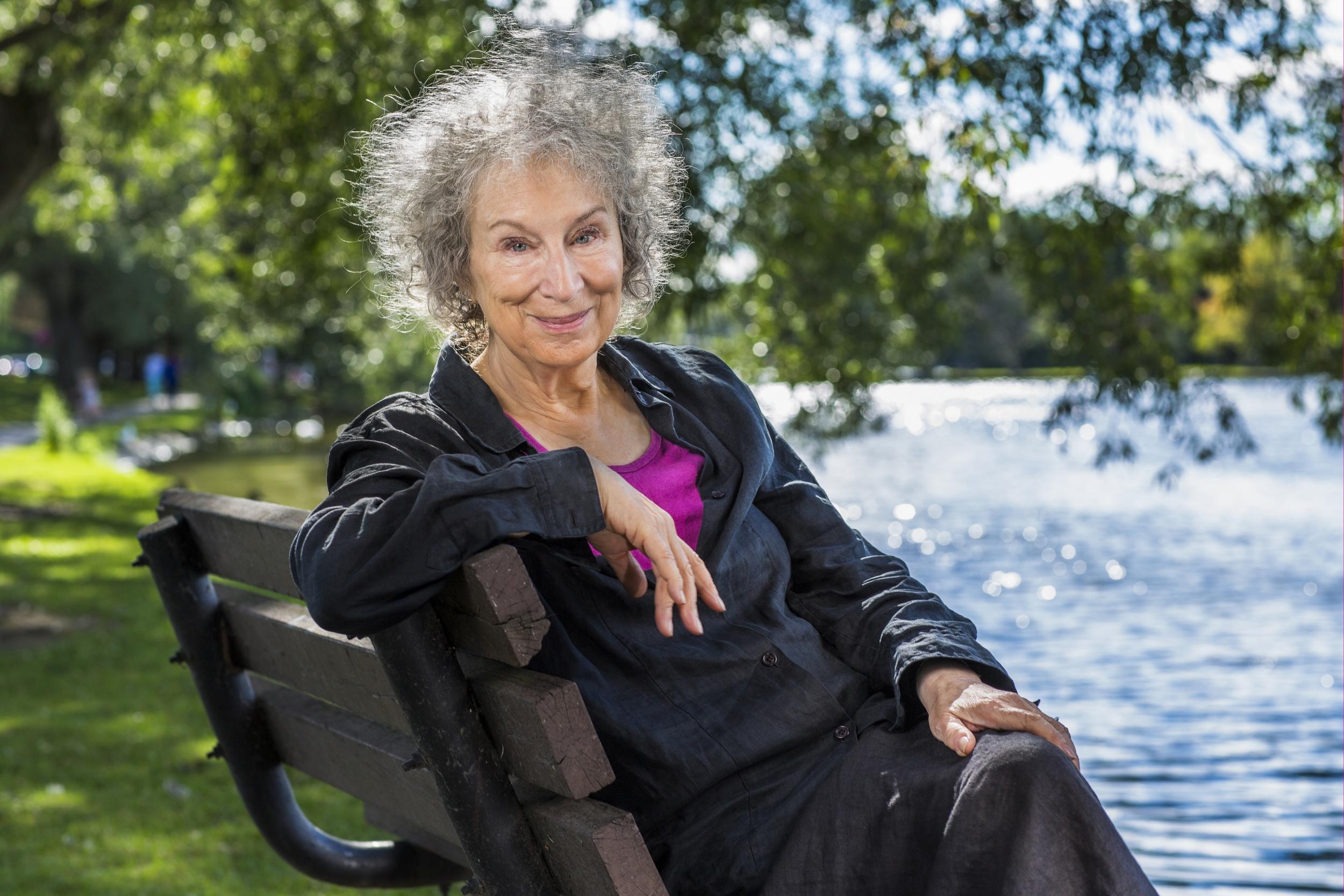
Most people can’t wait to get their hands on Margaret Atwood’s long-awaited follow-up to The Handmaid’s Tale, which is not published until 10 September. One of the biggest books of the year, it comes 33 years after the original book was Booker Prize shortlisted. The Canadian author also won the Booker Prize for The Blind Assassin in 2000 and was shortlisted for Cat’s Eye in 1989, Alias Grace in 1996 and Oryx and Crake in 2003. The Testaments is set 15 years after the end of The Handmaid’s Tale and follows three women’s lives in Gilead. It is coming at a particularly poignant time, as its dystopian future is looking more and more possible and season three of The Handmaid’s Tale comes to an end on Channel 4 – leaving a gaping hole in the lives of fans of Atwood’s gripping story.
Salman Rushdie – Quichotte (Vintage, Jonathan Cape)
Current odds: 11/12
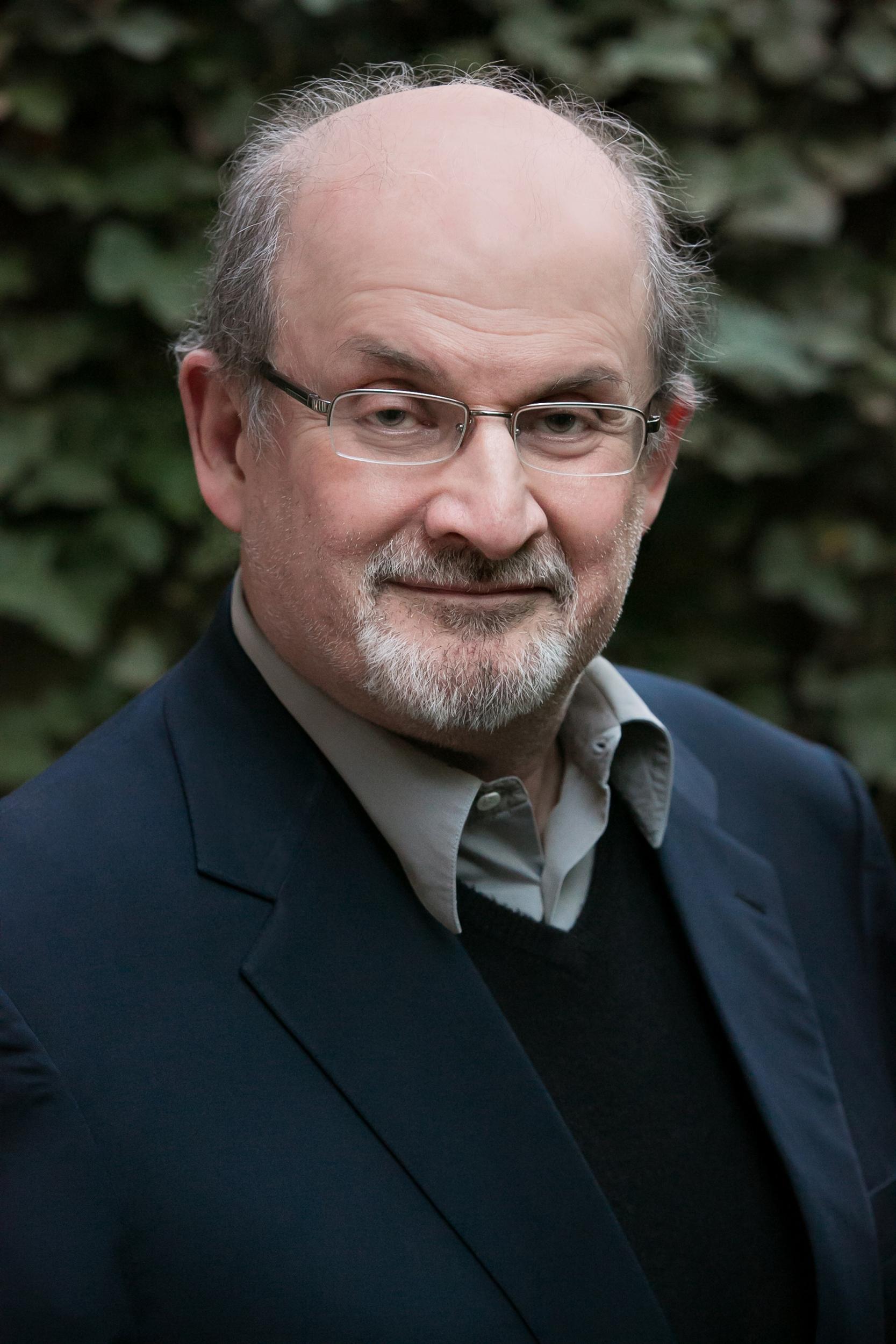
Also on this year’s shortlist is Salman Rushdie, whose book Midnight’s Children won the Booker Prize in 1981. In 1993, it won the Booker of Bookers, to mark the 25th anniversary of the prize, and in 2008 the Best of the Booker to mark the 40th anniversary. Quichotte, a modernday retelling of Cervantes’ Don Quixote, which follows a travelling pharmaceutical salesman across America, came out last week to mixed reviews. The Independent gave it three stars, saying it is “bogged down by fatiguing accumulations of examples and explanations”. Rushdie was also shortlisted for Shame in 1983, The Satanic Verses in 1988 – the novel which famously resulted in a fatwa calling for Rushdie’s death – and The Moor’s Last Sigh in 1995. He was longlisted for Shalimar the Clown in 2005 and The Enchantress of Florence in 2008.
Chigozie Obioma – An Orchestra of Minorities (Hachette, Little Brown)
Current odds: 7/4
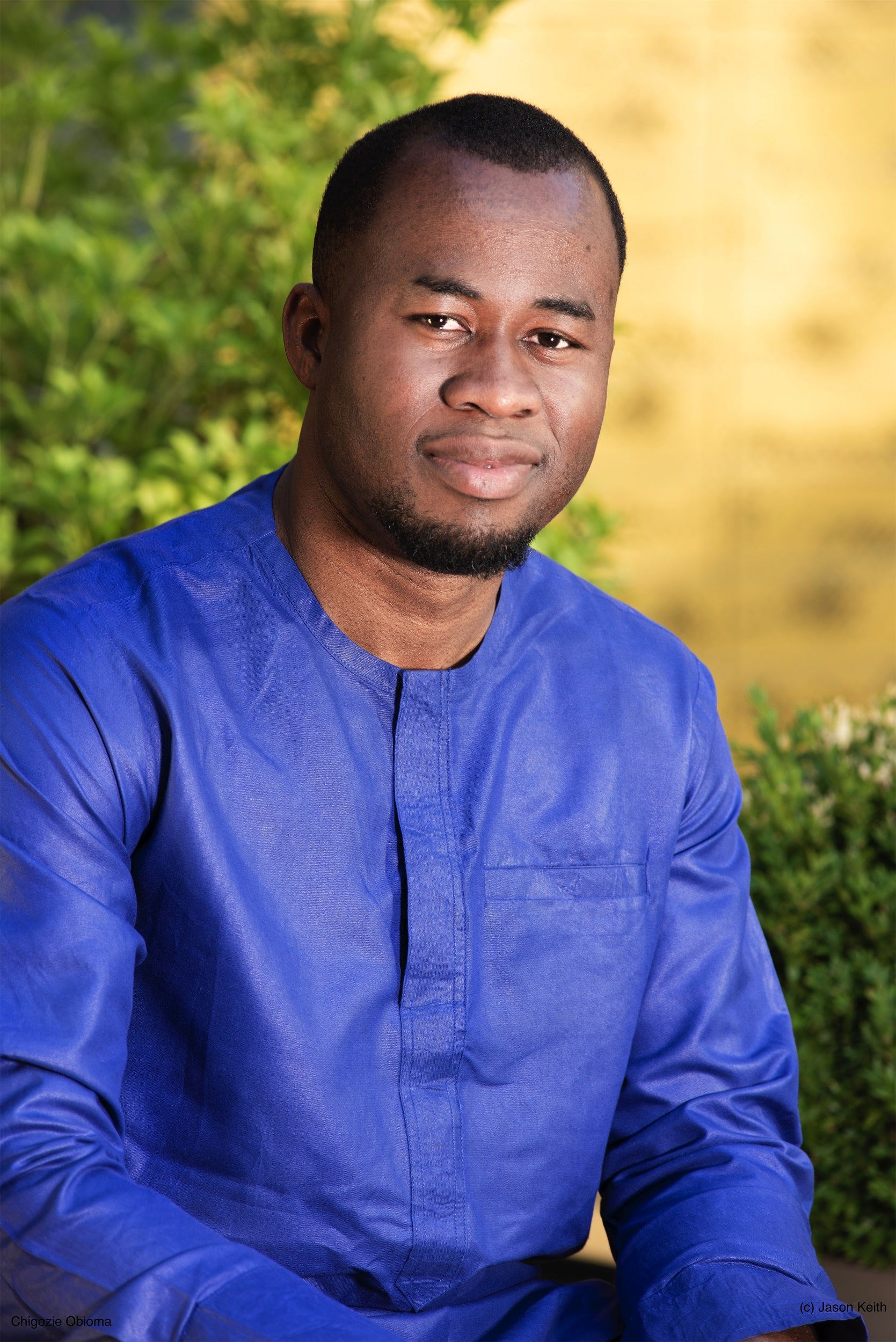
Chigozie Obioma’s debut, The Fisherman – a boyhood adventure in Nigeria in the Nineties – was shortlisted for the 2015 Man Booker Prize, and its timely stage adaptation opens this week in the West End. The Nigerian author’s second novel is a fast-moving romantic tragicomedy that got rave reviews and is narrated by a guardian spirit in Igbo myth. It tells the heartbreaking story of a lovestruck Nigerian chicken farmer called Chinonso in present-day Nigeria, who sacrifices everything to win the heart of the woman he loves, but in his quest to impress her family with wealth and status falls victim to an education scam in Cyprus. The book has been dubbed “a contemporary twist on the Odyssey” by the publisher; but with his bursts of violent anger, Chinoso has more in common with Othello than Odysseus.
Lucy Ellmann – Ducks, Newbury Port (Galley Beggar Press)
Current odds: 10/1
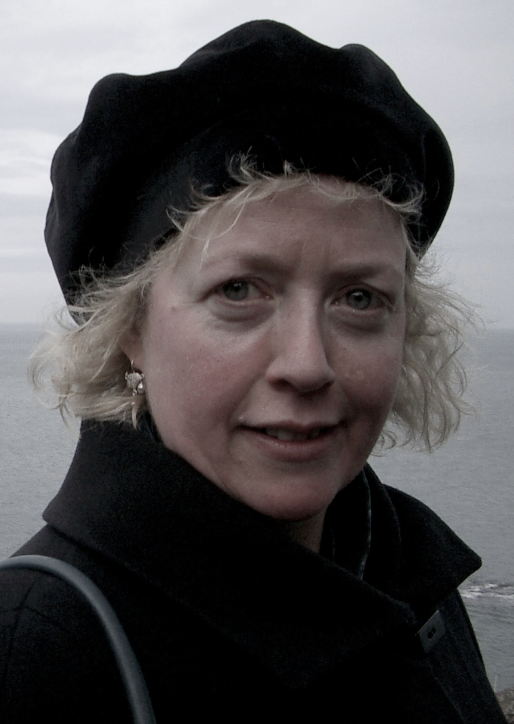
If Lucy Ellmann’s novel wins the Booker Prize, it will be the longest page-turner in the history of the Prize, its 998 pages beating off The Luminaries by Eleanor Catton, which ran at 832 pages and won in 2013. Like Phoebe Waller-Bridge’s Fleabag, it is built around one woman’s monologue, but not such a funny one. Told in only a handful of extremely long sentences with no paragraph breaks, an Ohio housewife frets about her past life – her love and losses, and the state of the nation, her dead parents and African elephants, among other things, in a stream of consciousness. Parts of the book are told from the perspective of a mountain lion – the link between the two narratives is never explained. This eighth book by the Anglo-US author might need a certain amount of commitment to get through, but it is well worth it in the end.
Bernardine Evaristo - Girl, Woman, Other (Penguin General, Hamish Hamilton)
Current odds: 5/2
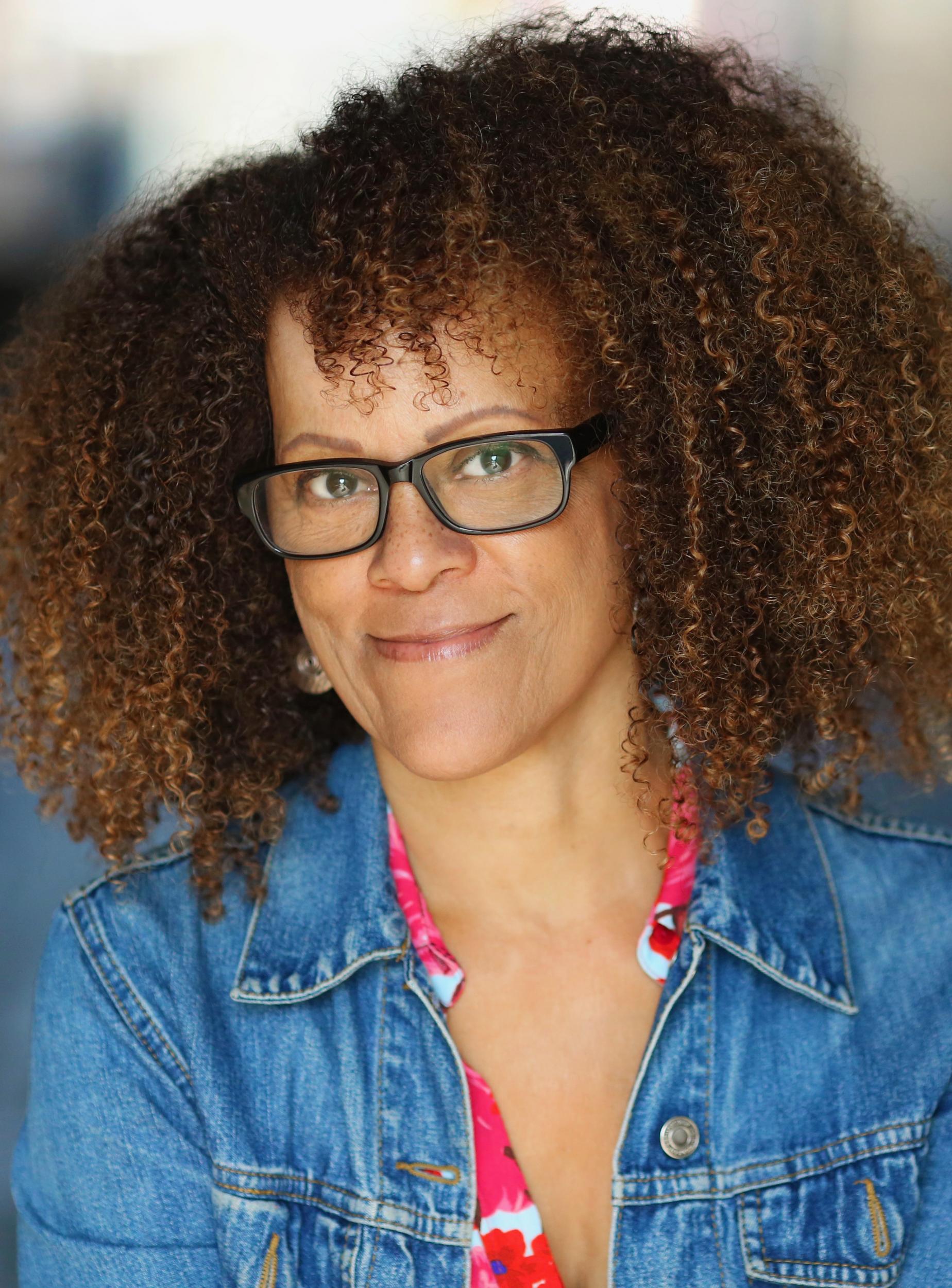
This witty novel by the Anglo-Nigerian writer follows 12 interconnected characters – mostly black British women at different stages of womanhood. The publisher describes it as “a vivid portrait of the state of post-Brexit Britain that looks back to the legacy of Britain’s colonial history in Africa and the Caribbean”. Its characters include a successful playwright, whose work explores her black lesbian identity, a nonbinary social media influencer, a 93-year-old woman living on a farm in northern England, and a woman who retires to Barbados hiding a secret of sex and betrayal. The author says of her book: “One of my aims as a writer is to explore the hidden narratives of the African diaspora, to play with ideas, conjure up original and innovative fiction and forms, and to subvert expectations and assumptions.” Born in London in 1959, she is a professor of creative writing at Brunel University London and a fellow of the Royal Society of Literature.
Elif Shafak – 10 Minutes 38 Seconds in This Strange World (Penguin General, Viking)
Current odds: 15/2
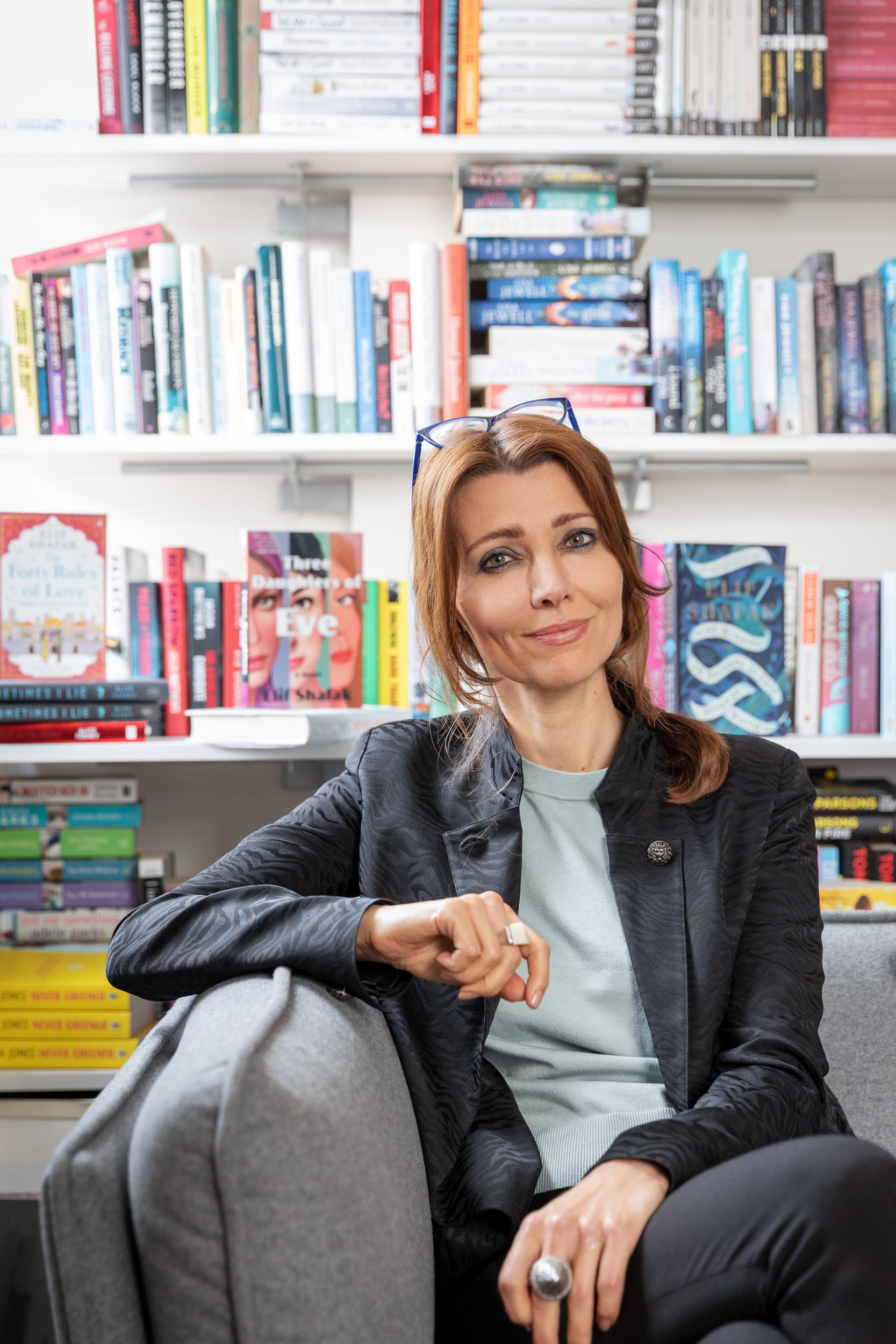
The British-Turkish novelist Elif Shafak, who is based in London, writes in Turkish and English, and is the most widely read female author in Turkey. The latest – her 11th novel – is a grim story about a sex worker called Tequila Leila who is murdered and left in a wheelie bin on the outskirts of Istanbul. In the final 10 minutes and 38 seconds of her life, as her consciousness leaves her body, memories from her life flood the page. The book is moving and sexually violent, but ultimately compassionate and life-affirming. Shafak, who is also a serious activist, is under attack from the Turkish government for her writing, and has written many bestselling books including The Bastard of Istanbul, about modern day Turkey and Islam, which confront fundamentalism and misogyny in the Middle East.
Join our commenting forum
Join thought-provoking conversations, follow other Independent readers and see their replies
Comments